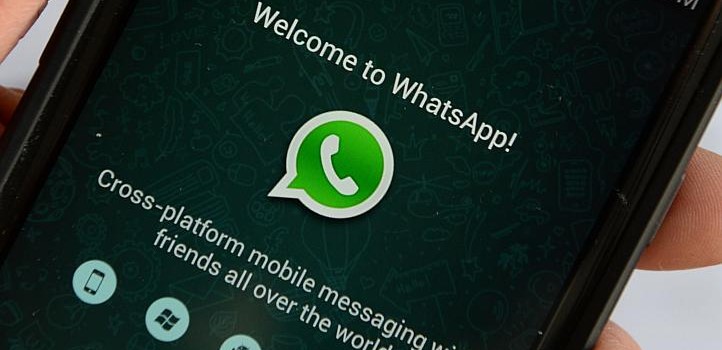Ufone‘s recent decision to charge voice calls of WhatsApp on regular data charges rather than from data bundles has opened Net Neutrality debate for Pakistan. Ufone is the first, other telecoms will be following soon. Charging extra for VoIP services isn’t a new problem either; most developed countries with 3G/4G services and even neighboring India has gone through this phase and dealing with Net Neutrality debate at the moment.
What Ufone Did
Ufone has separated Voice Calls of WhatsApp from the data bundles customers buy. Whenever a call will be made or received from WhatsApp, it will be charged with regular data rate (1st MB for Rs. 20, next 19 MB free) and customer will receive sms about the charges levied for the call.
Is It Wrong?
That’s the debate, forming the core of Net Neutrality.
What is Net Neutrality?
In short, Net Neutrality means data should remain data and not discriminated based on nature of content. It does not matter if the data is simple text, picture, video or any other form, all of it should be considered as data. This means, under Net Neutrality, Ufone cannot discriminate against WhatsApp voice calls by separating it from data bundles and charge it separately.
Why Is Ufone Charging Separately?
That’s a decision not unique to Ufone. In other countries many companies have done so and even in India separate bundles were introduced for WhatsApp and similar voice applications. The reasons given by most companies are as follows:
– Telecoms have to fulfill strict terms to be able to offer voice services, VoIP companies do so without any restrictions
– Telecom companies build up infrastructure with huge investments while VoIP just build the app without such investment
– VoIP calls and instant text messages eat up (read: Cannibalize) telecom revenue by offering services for free that telecoms earn from
– Telecoms provide digital infrastructure for VoIP services, so they are entitled to levy charges for voice services similar to charges levied on vehicles for using highways
What reason Ufone provides for this decision is yet to be seen, for others it is related to finances. Telecoms don’t like to see the number of calls dropped in order to use a free services, especially when the alternate is based on internet that uses their own infrastructure.
By charging WhatsApp call separately Ufone is making sure this facility is discouraged and Ufone’s own calls, both local and inernational, are not affected.
Any Ramifications?
Plenty. It’s a Pandora Box waiting to be open. Today WhatsApp calls are charged separately, tomorrow it may include Skype and other services and later any VoIP call would be heavily penalized. The discrimination would increase to penalize more data-driven facilities that eat into Telecoms’ core services revenue (voice, messaging).
This step is counter-innovative. Every new technology and innovation makes the previous service redundant. When Telecom companies arrived, PTCL landline was made redundant as most people switched to mobile phone. Teledensity achieved by telecom companies was never achieved by PTCL alone.
With VoIP services becoming more accessible, some of the older methods will become redundant and revenues of Telecoms would get reduced.
If Ufone continues charging separately, and other telecoms also implement similar decisions, consumers would be forced to use WiFi and broadband services for WhatsApp calls. As a result data consumption would not increase as per telecoms’ expectations and not only can their profits reduce but they may even lose customers. If today they are charging separately for a service, tomorrow they can charge other internet services as well, and that will create a gap in trust.
Is Ufone Justified If Finances Are Taking A Hit?
That’s yet to be seen once balance sheets are out. Other companies had complained the same though their balance sheets speak otherwise. While sms and voice calls reduce, data consumption increase many folds. A WhatsApp call of just over 2 minutes consumes 1 MB, which means a one hour call would consume between 25-30 MB data. In data bundles such frequent calls would quickly burn through the bundle, forcing the consumers to re-charge them soon.
By charging separately not only Ufone will be earning more but there is a chance the data bundles would not be fully consumed by the customer. As a result profit realization for Ufone will be higher as customers would either be using costly WhatsApp calls or continue using Ufone’s voice services. Whether Ufone separately charge WhatsApp calls or not, its profits would still be high because data consumption would still generate enough to make up for any loss in the core services.
Conclusion
While this issue is new in Pakistan, other countries have already faced them and we should learn from it. Net Neutrality is the key to protecting consumers rights in the digital sphere and data discrimination is only going to hurt the consumer.

